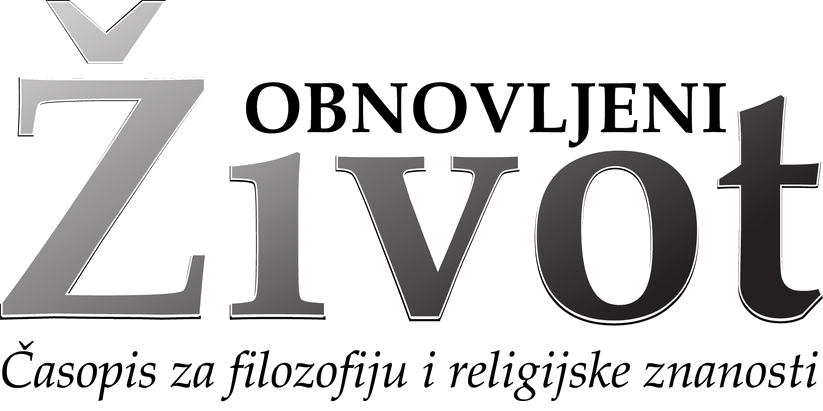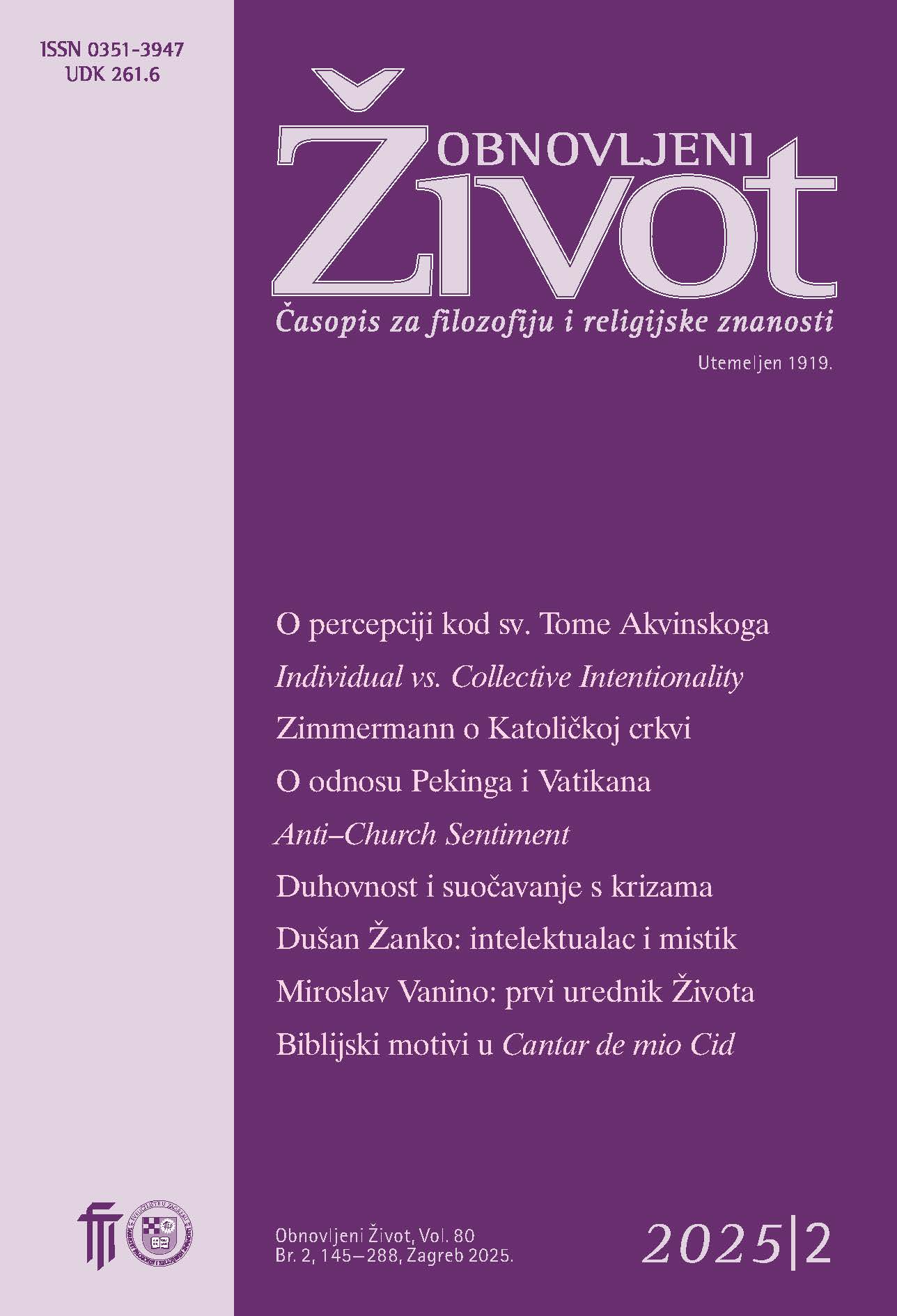Individual Intentionality vs. Collective Intentionality
A Study of Wittgensteinian and Searlean Perspectives
Keywords:
intentionality, collectivity, facts, institutions, objectivityAbstract
This paper explores the concept of intentionality from both the individual and collective perspectives, focusing on the arguments presented by Ludwig Wittgenstein and John Searle. Intentionality, the capacity of the mind to represent objects and states of affairs, is a fundamental concept in philosophy of mind. Wittgenstein’s later works provide a basis for understanding how language and social practices shape intentionality, while Searle’s contributions, particularly in his theory of collective intentionality, extend these ideas to social and institutional contexts. Through a comparative analysis, this paper aims to highlight the distinctions and intersections between individual and collective intentionality, offering insights into the broader implications for philosophy, cognitive science, and social theory. This comparative study seeks to deepen our understanding of the interplay between personal intentionality and collective intentionality, with implications for broader discussions on social ontology, language, and the philosophy of mind. A central issue is understanding how individual intentional states translate into collective intentionality, particularly the mechanisms that connect personal intentions with shared social realities. Another critical problem involves the role of language in shaping intentionality, exploring how Wittgenstein’s ideas of language games and forms of life compare to Searle’s concept of collective intentionality in the formation of shared meanings. Additionally, the study addresses the challenges of distinguishing collective intentionality from individual intentionality, especially in cases where individual intentions conflict with collective outcomes. A further problem is the ontological status of collective intentionality, questioning whether it can be reduced to individual intentionality or if it holds an independent existence. The study considers the broader implications for social ontology, examining how Wittgenstein and Searle’s differing views influence our understanding of social institutions, norms, and collective practices.
Downloads
Published
Issue
Section
License
Jednom prihvaćeni članak obvezuje autora da ga ne smije objaviti drugdje bez dozvole uredništva, a i tada samo uz bilješku da je objavljen prvi put u Obnovljenom životu. Uredništvo će obavijestiti autora o prihvaćanju ili neprihvaćanju članka za objavljivanje.
Članci objavljeni u časopisu se, uz prikladno navođenje izvora, smiju besplatno koristiti u obrazovne i druge nekomercijalne svrhe.


